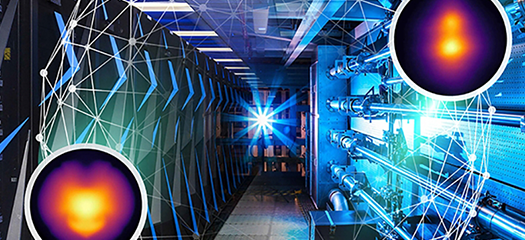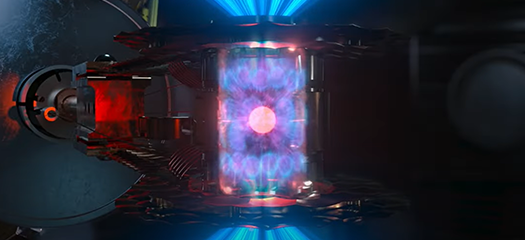High-energy-density (HED) science lets us understand the universe and new states of matter, and may be the key to virtually unlimited clean energy. ML researchers at CASC are combining some of the most sophisticated computational models, largest supercomputers, and leading-edge experimental data to create a unified framework of HED science.
We leverage the latest developments in representation learning, multimodal forward and inverse modeling, and human interpretable analysis. Join us in the quest for new discoveries in astrophysics, fusion, plasma physics, dynamic materials, and more. Learn more about an open postdoc research position on a HED science project.



